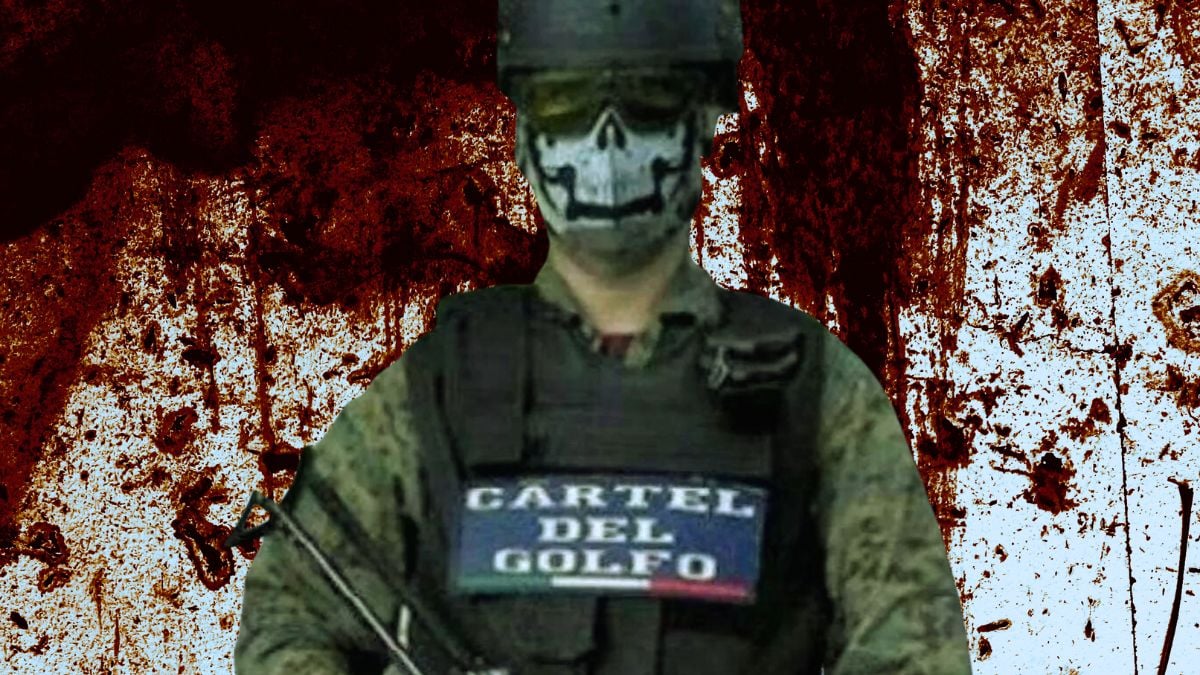
The United States Department of State has designated six Mexican cartels as transnational terrorist organizations. This measure follows what President Donald Trump announced in the executive order he signed on his first day in office.
This designation, which takes effect upon its publication in the Federal Register, aims to combat violence and drug trafficking that have affected both Mexico and the United States.
Mexican cartels designated as terrorists
The criminal groups classified under this category include:
- Sinaloa Cartel
- Jalisco New Generation Cartel (CJNG)
- United Cartels
- Northeast Cartel
- Gulf Cartel
- New Michoacan Family
Additionally, the designation also included the Venezuelan criminal organization Tren de Aragua and the Mara Salvatrucha (MS-13), both of which have a presence in the United States and Latin America.
Why have these Mexican cartels been declared terrorists?
The classification of these cartels as transnational terrorist organizations is based on several factors. According to the official document signed by Secretary of State Marco Rubio, the decision was based on the following criteria:
- Threat to national security: The cartels pose a danger beyond common organized crime, operating with structures similar to insurgent and terrorist groups.
- Ties to international actors: A convergence between cartels and extra-hemispheric actors, including foreign terrorist groups and hostile governments, has been identified.
- Asymmetric warfare strategies: These organizations have developed complex adaptive systems characteristic of armed insurgencies.
- Infiltration into governments: In certain regions of Mexico, cartels exert de facto control over entire communities, operating as quasi-governmental entities.
The executive order states that “the cartels have launched a campaign of violence and terror throughout the Western Hemisphere that has not only destabilized countries of great importance to our national interests but has also flooded the United States with deadly drugs, violent criminals, and bloodthirsty gangs.”
READ ALSO. Elon Musk and Donald Trump: Their interview with Hannity in 7 key facts
What is the impact of this declaration on U.S. policy?
The decision to categorize these cartels as terrorist organizations opens the door to greater U.S. intervention in the fight against drug trafficking in Mexico. This could include:
- Economic sanctions and the freezing of financial assets in the U.S.
- Military actions and special operations against these organizations.
- Increased diplomatic pressure on the Mexican government to toughen its security policy.
What role does Donald Trump play in this decision?
President Donald Trump declared Mexican cartels as terrorist organizations; since January 20, he signed an executive order instructing Secretary of State Marco Rubio to conduct the necessary evaluations to implement the measure.
Trump has argued that “the activities of the cartels threaten the security of the American people, the security of the United States, and the stability of the international order in the Western Hemisphere.” In his view, these groups have turned some regions of Mexico into “enemy territory,” which would justify greater U.S. military interventionism.
Cartels as terrorist organizations, what does it mean?
The designation of cartels as Foreign Terrorist Organizations (FTO) represents a radical shift in the U.S. strategy to combat organized crime. According to Donald Trump, cartels operate as “quasi-governmental entities” in certain regions of Mexico, controlling illegal activities through extreme violence that threatens both U.S. internal security and the stability of the Western Hemisphere.
This decision enables the U.S. government to use specific legal tools, such as the Enemy Combatant Law, to intensify efforts against these groups. It also allows for economic sanctions and the criminalization of material support for these organizations.
According to experts, this decision could reinforce the perception that Mexico lacks the capability to effectively combat drug trafficking, increasing international pressure on the country. Some analysts even warn that this designation could be interpreted as a signal to justify future military interventions in Mexican territory, although the order does not officially authorize the direct use of the Armed Forces.
Finally, this declaration also has financial implications. Assets related to these organizations could be frozen, and efforts to track and block illicit financial flows sustaining their operations would be intensified. Additionally, classifying the cartels as terrorists expands the U.S. government’s ability to prosecute individuals and entities collaborating with them, both inside and outside its borders. While some sectors see this measure as necessary to tackle the fentanyl crisis and other threats, it also raises concerns about potential abuses, negative impacts on the civilian population, and diplomatic tensions with Mexico.










